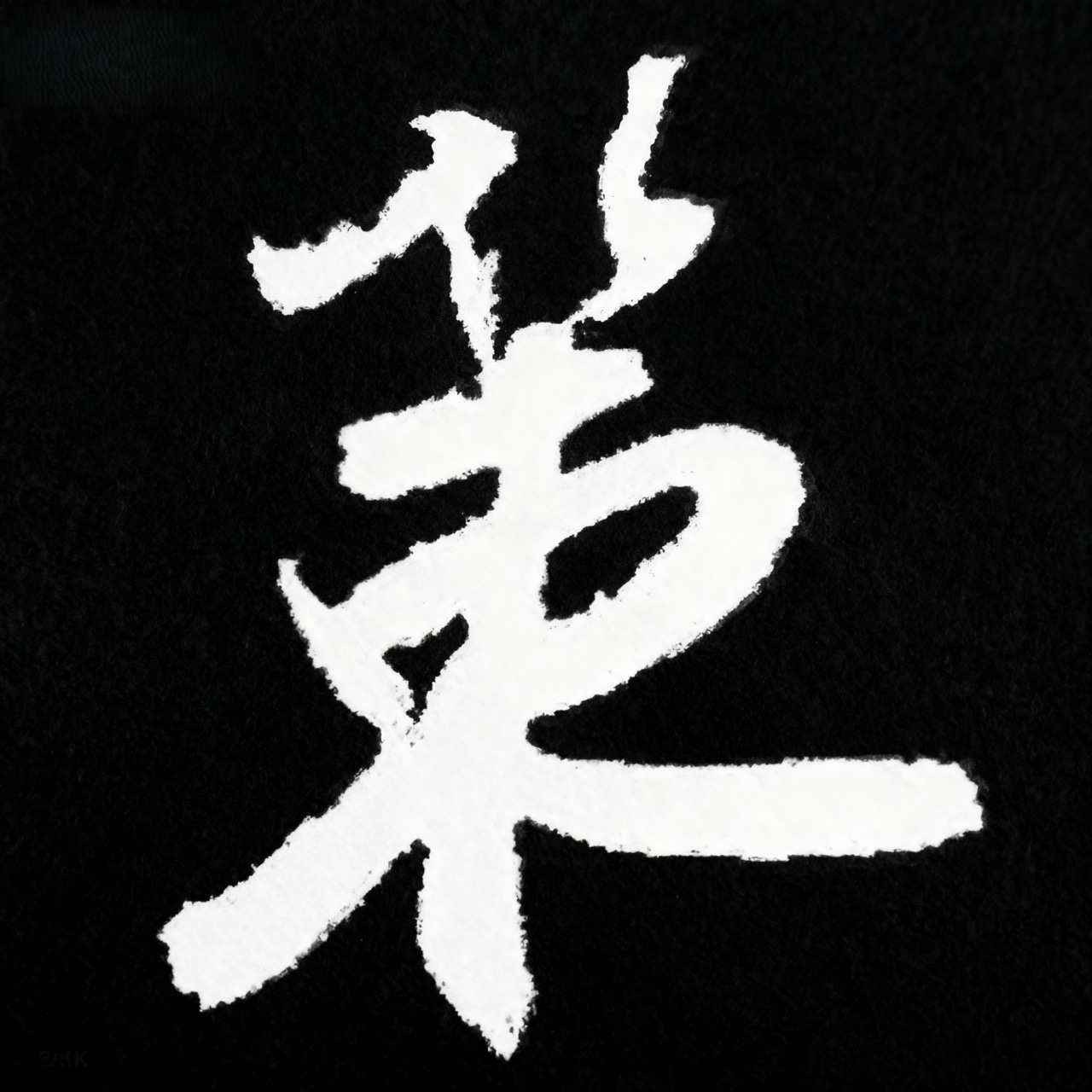English | 中文版
The Invitation
The wechat message arrived on a Tuesday morning, unassumingly. The sender was Yaoyao, from Peking University’s National School of Development. Her ask was simple:
Represent the PKUxUCL class and deliver a speech at the opening ceremony for the 2025 MBA program.
My finger hovered over the phone, my mind already drafting the polite refusal. My internal architecture, the wiring of an ISTP, is built for observation, not the stage. I had been the man in the back of the room who sees the detail everyone else misses, not the one at the podium.
But a different instinct, a newer one, took over. I replied “Yes.”
To understand the weight of that single word, you have to understand the blueprint. I am the product of an ordinary family, if “ordinary” can describe the collision of two remarkable forces. My father, the firstborn son of a Red Army footsoldier turned farmer, and my mother, a rebel who ran away from her “cleansed by cultural revolution” home in Anhui, both found their way to Beijing just years after the Gaokao resumed—a testament to their sheer will and intellectual. They forged a life on their own terms, and from them, I inherited a potent mix of independence, a quiet curiosity about the world, and a sense that wisdom is something you build, not something you’re given. This upbringing created a self-sufficient, analytical introvert, a fate I thought was fixed.
A Human Future
The speech I delivered that day was titled “The Future is Human (even in the age of AI)”—a theme that felt deeply personal as I witness a neo-Luddite wave of machines replacing human workers through my work at TikTok. The title was sparked by an article from Professor Zhang Weiying, who wrote that the future is not a predetermined book waiting to be revealed of its pages but a story written by our collective decisions.
My presence on that stage would be one such decision. So was the choice to be at PKU at all—investing my family’s and my own hard-earned money into a future that, in this VUCA world, is never guaranteed. The most human decision of all was the one I made every weekend: leaving my four-month-old daughter in another city after a long week of work, trading precious time with her for these classes. Each choice was a small act of defiance against a predetermined path.
To Defy Fate
This string of choices was part of a conscious project that began in October 2024, when the news of my wife’s pregnancy landed. The thought of a daughter—of the legacy I would leave her, or the lack thereof—sparked a mandate for change. I decided to defy my own nature—a concept I call 逆天改命, to rewrite my own destiny. The goal was to reshape my ISTP wiring into that of an ENTJ, a personality type that, perhaps conspiratorially, seems to command the highest levels of influence and success in this version of the world.
My self-audit revealed a complex picture. I build trust easily, my eye for detail catching the subtle cues others miss. I am competent, the one you call for a critical task, and I remain emotionally stable and rational even in a crisis. And underneath it all was my nature: open-minded, yes, but fundamentally introverted. Yet, my reliability has its limits, especially when I improvise. I once took my wife to a restaurant in Saga, Japan, a spot I’d chosen on a whim while cycling. It was run by a ninety-year-old calligrapher grandma who, charmingly, served us cold food. My wife was not impressed.
The Turn
Then came the surprise. Just earlier today, in class, I took another MBTI test. For months, I had been consciously pushing myself—speaking up, leading teams, accepting invitations I would have once dodged. I had aimed for ENTJ. The screen loaded. The result: ENTP. Not the commander, but the debater. Close, but not the target. It wasn’t the destination I had mapped, but it was proof that the journey had begun. The internal architecture was, against all odds, being renovated.
The Road Ahead
Still, the new blueprint is far from complete. I am an avid reader of science fiction, but I don’t possess a Steve Jobs-like vision for the future; the best I can do is follow his advice to “keep looking.” This search is fueled by a deeper anxiety, a fear of becoming like Mr. Stevens in Kazuo Ishiguro’s The Remains of the Day—a man of immense competence, but ultimately an attachment to someone else’s legacy.
My goal is entrepreneurship—a yellow brick road toward something of my own. I find a strange paradox in this though: in conversations, I can easily spot the resources and opportunities for others, sketching out a business plan for them on a napkin. I can see their path to becoming their own boss. But for myself, the road remains shrouded in a fog. Perhaps, as Socrates put it, the ultimate task is to “know thyself.”
Written on G27 from Beijing to Shanghai, 19 October 2025.


